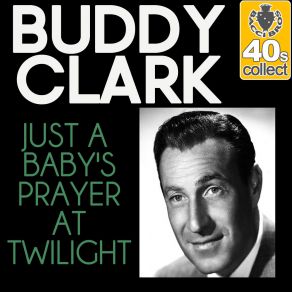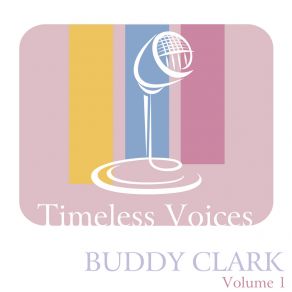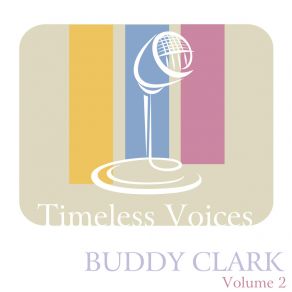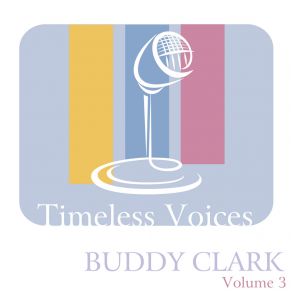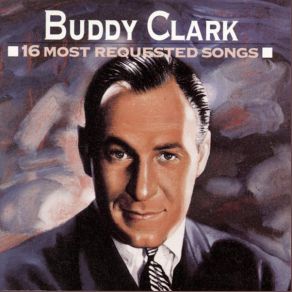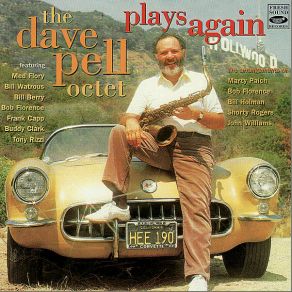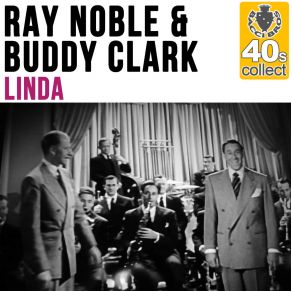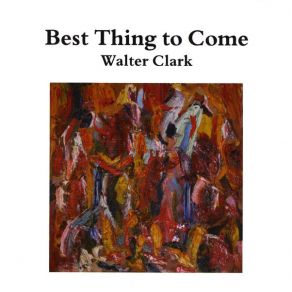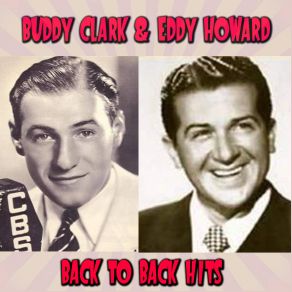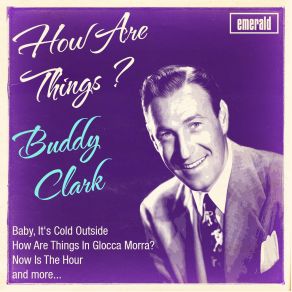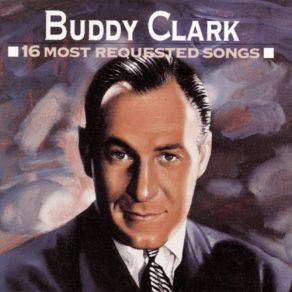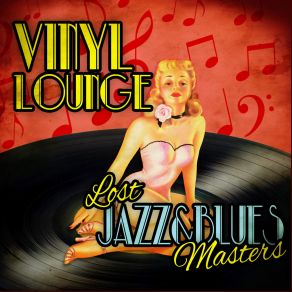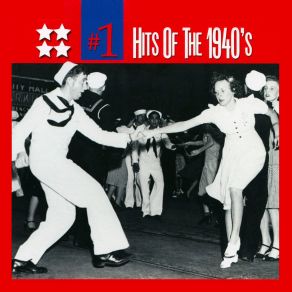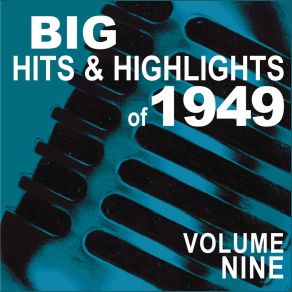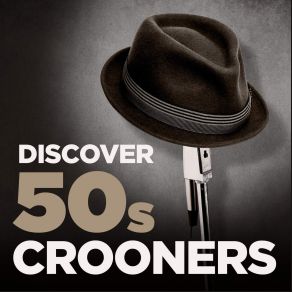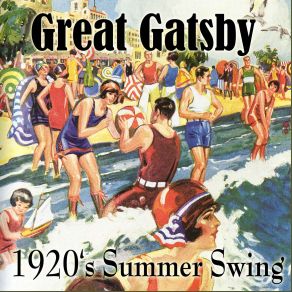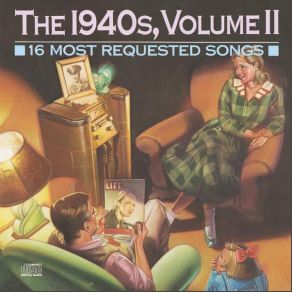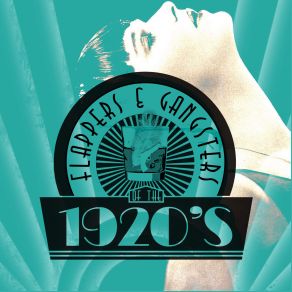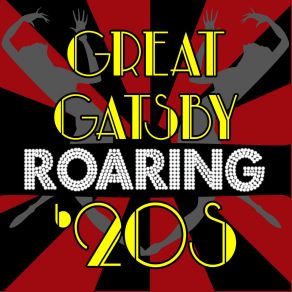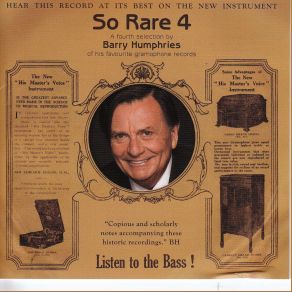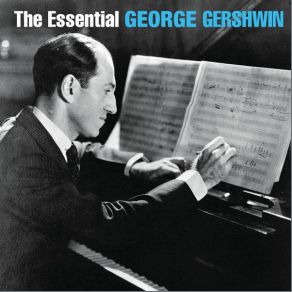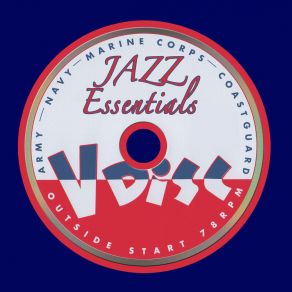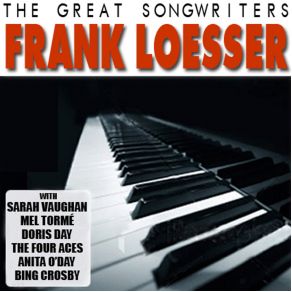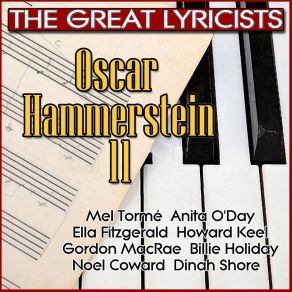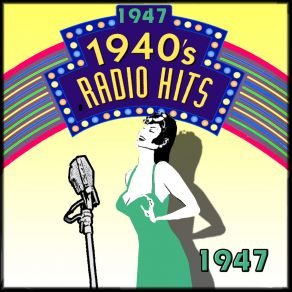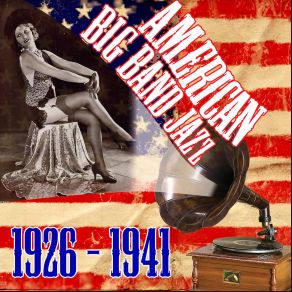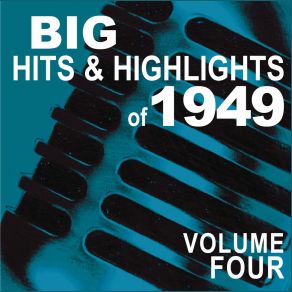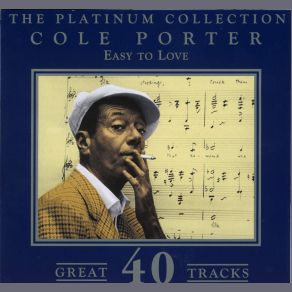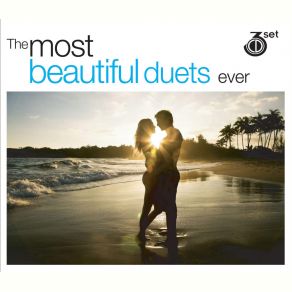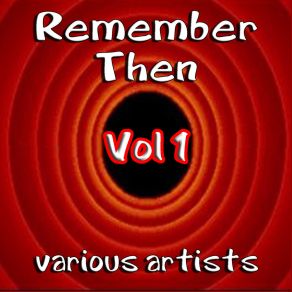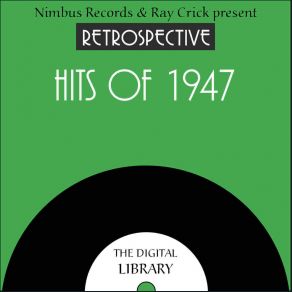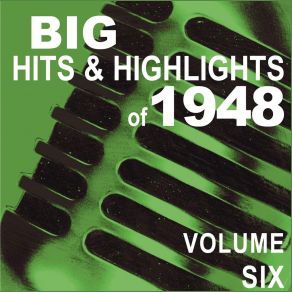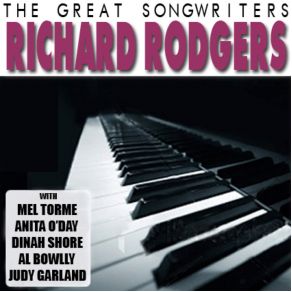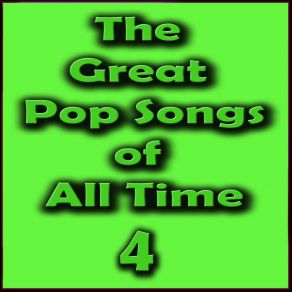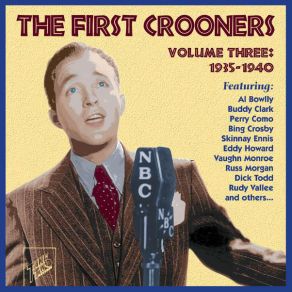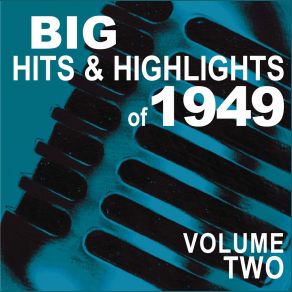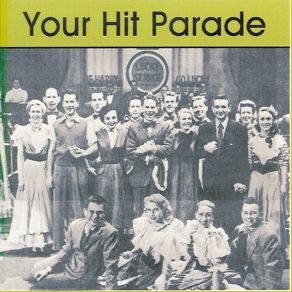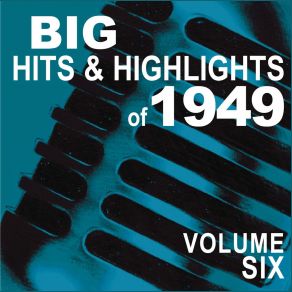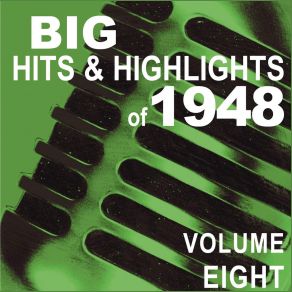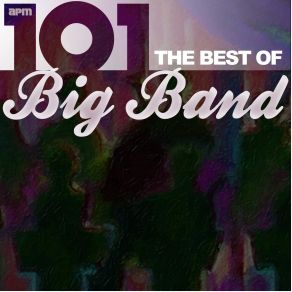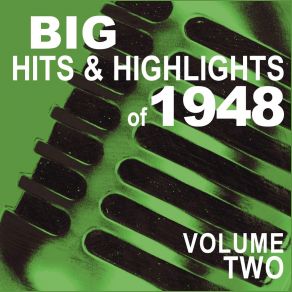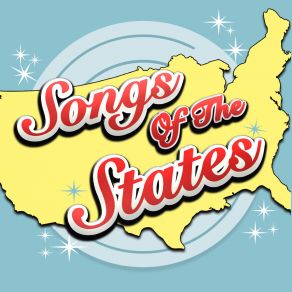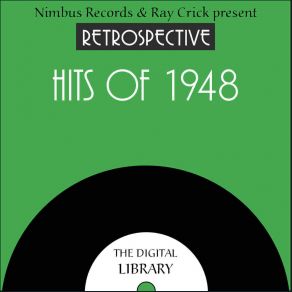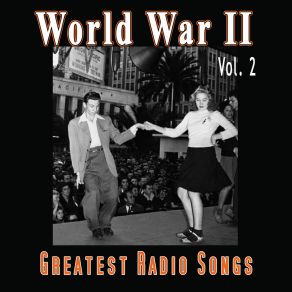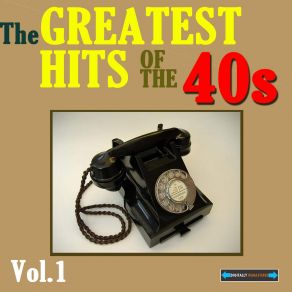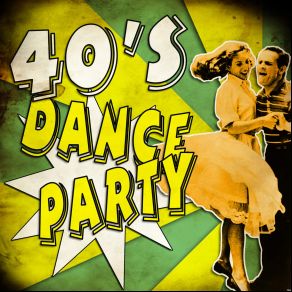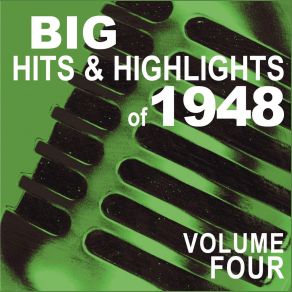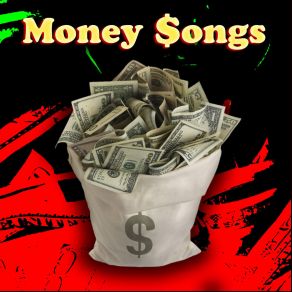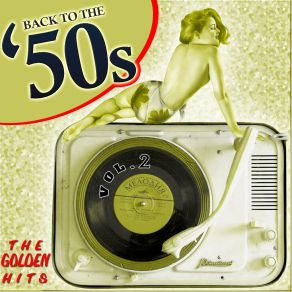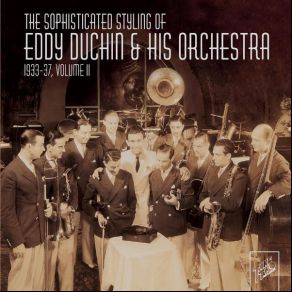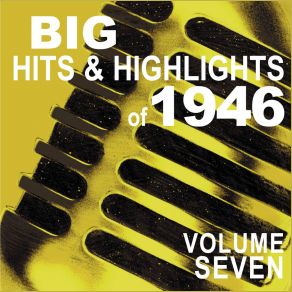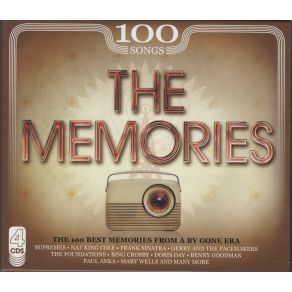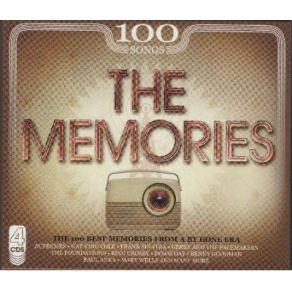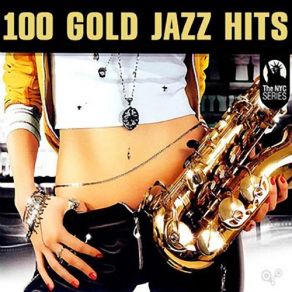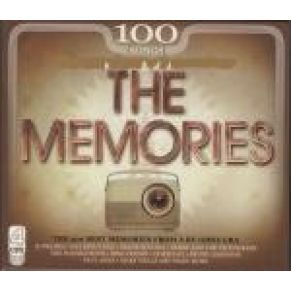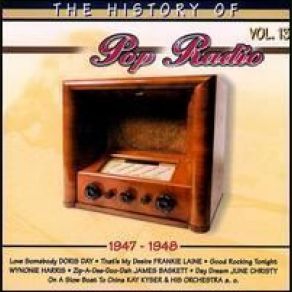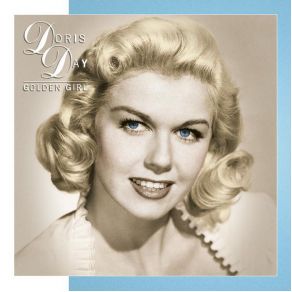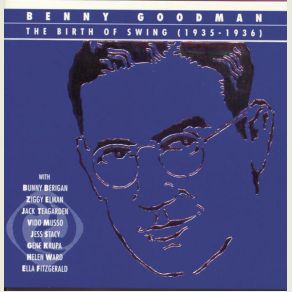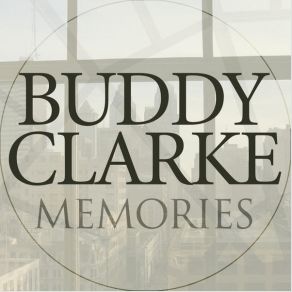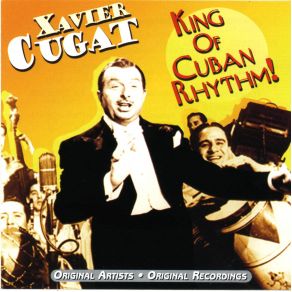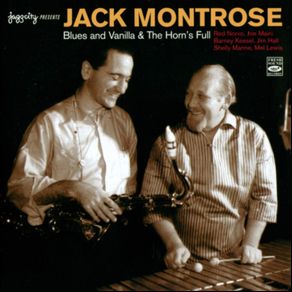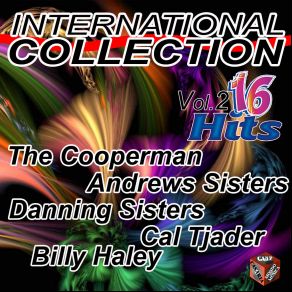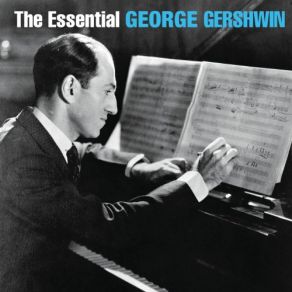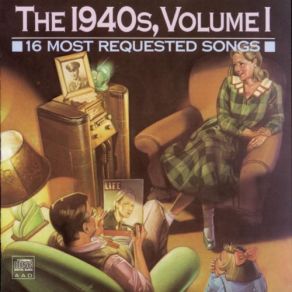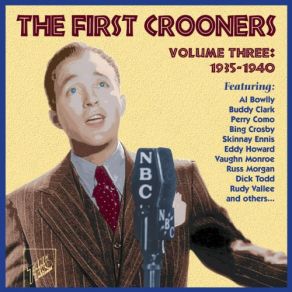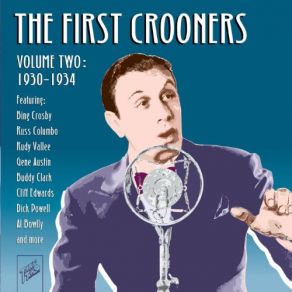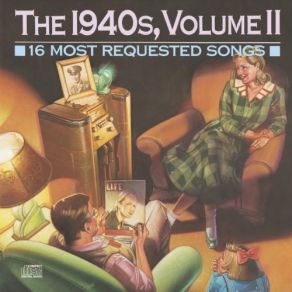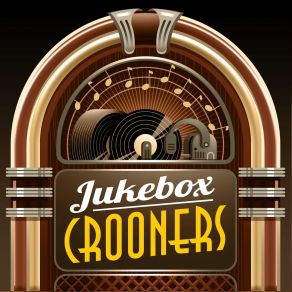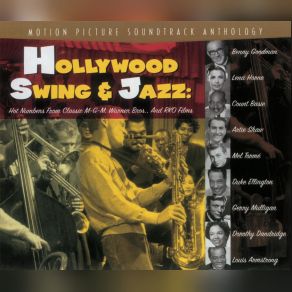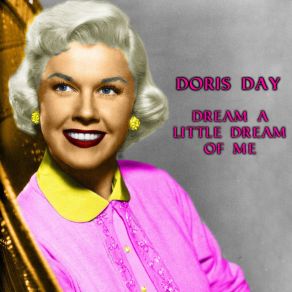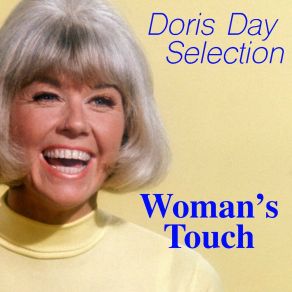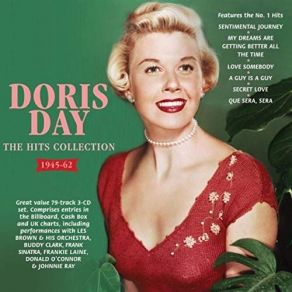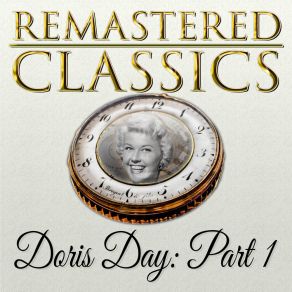Buddy Clark
Wikimp3 information about the music of Buddy Clark. On our website we have 39 albums and 70 collections of artist Buddy Clark. You can find useful information and download songs of this artist. We also know that Buddy Clark represents Pop genres.
Biography
[Edit]Buddy Clark was one of the most popular male vocalists of the 1930s and '40s, a success on radio, in movies, and on record — had he lived longer, in the estimation of pop music scholar John P. Cooper, Clark might easily have been a rival to Perry Como or Dean Martin in post-war America. A fixture on the airwaves for his first decade-and-a-half as a singer, Clark didn't hit his commercial stride until the end of the '40s, with more than a dozen hits in scarcely two years — when his life was tragically cut short by a plane crash.
He was born Samuel Goldberg in Dorchester, MA in 1912. He initially chose law as a career, but before he was halfway done with law school, he'd started working as a singer. By 1934, under the stage name Buddy Clark, he was being featured on Benny Goodman's Let's Dance radio show, and he became a regular for two years on radio's Your Hit Parade from 1936 until 1938. Although he was never a jazz singer, and was most comfortable with pop songs, Clark was appreciated by bandleaders like Goodman, as well as the public, for his crisp intonation and delicate phrasing. He also got to make the occasional record with jazz greats like Johnny Hodges. By the mid-'30s, Clark was signed to Vocalion Records, and he had his first Top 20 hit with "Spring Is Here." It was his last hit for almost 20 years, but he remained busy recording, dubbing voices for actors in various movies (most notably Jack Haley in Wake Up and Live) as well as making an appearance of his own in Seven Days' Leave. In the early '40s, he also led his own septet, and sang with Goodman and Eddie Duchin.
In the spring of 1947, Clark, then signed to Columbia Records, topped the charts for two weeks with the single "Linda" — that record heralded a two-year period of unbroken success for the singer. "Linda" was followed up with "How Are Things in Glocca Mora" from Finian's Rainbow, which made the Top Ten. "Peg O' My Heart" was another chart-topper, and it was followed by "An Apple Blossom Wedding," "Don't You Love Me Anymore," and "I'll Dance at Your Wedding." He charted ten more singles in 1948, led by "Love Somebody," a million-selling number one hit. The following year, he had another series of very good-selling singles that were solo or teamed with the likes of Doris Day and Dinah Shore.
On October 1, 1949, Clark took a flight in a private plane with some friends with whom he'd attended a football game. The plane never reached its destination, crashing in Los Angeles. Ironically, a month after his death, Clark had a final chart hit with "A Dreamer's Holiday."
Title: I’m Encouraged - Single / I'm Encouraged - Single
Artist: Buddy Clark
Genre: Gospel, Songwriter/Lyricist
Title: South America, Take It Away (Remastered) - Single
Artist: Xavier Cugat, Buddy Clark
Genre: Jazz, Latin, Pop, Lounge, Smooth Jazz
Title: Linda (Digitally Remastered) - Single
Artist: Buddy Clark, Anita Gordon, Ray Noble And His Orchestra
Genre: Pop
Title: Plays Again
Artist: Buddy Clark, Bill Berry, Bill Watrous, Bob Florence, Frank Capp, Dave Pell Octet, Med Flory, Tony Tizzi
Title: I'll Dance at Your Wedding (Remastered) - Single
Artist: Buddy Clark, Anita Gordon, Ray Noble And His Orchestra
Genre: Pop
Collections
Title: Vinyl Lounge - Lost Jazz & Blues Masters
Genre: Jazz
Title: 16 Most Requested Songs: The 1940s, Vol. 1
Genre: Pop
Title: Hits of the 1940's
Genre: Pop
Title: Big Hits & Highlights of 1949, Vol. 9
Genre: Pop
Title: Discover 50s Crooners
Genre:
Title: The Very Best of the 40s
Genre: Jazz
Title: Great Songs, Vol. 3
Genre: Pop
Title: Great Gatsby 1920's Summer Swing
Genre: Jazz
Title: 16 Most Requested Songs: The 1940's, Vol. 2
Genre: Jazz
Title: Flappers & Gangsters of the 1920's
Genre: Jazz
Title: The Essential George Gershwin
Genre: Pop, Theatre/Soundtrack
Title: 100 Classic 1940s Memories
Genre: Jazz
Title: V-Disc Jazz Essentials
Genre: Jazz
Title: The Great Songwriters - Frank Loesser
Genre: Songwriter/Lyricist
Title: Radio Hits Of The 40's 1947
Genre: Jazz
Title: American Big Band Jazz 1926-1941
Genre: Jazz
Title: Pure Nostalgia
Genre:
Title: Big Hits & Highlights of 1949, Vol. 4
Genre: Pop
Title: W W II Era Classics, Vol. 1
Genre: Jazz
Title: Cole Porter: Easy To Love - The Platinum Collection
Genre:
Title: The Most Beautiful Duets Ever
Genre:
Title: Remember Then Vol 1
Genre: Jazz
Title: Timeless Songs of 1948
Genre: World Music, Pop
Title: Hits of The Late 40's Vol 1
Genre: Pop
Title: A Retrospective Hits of 1947
Genre: Pop
Title: Big Hits & Highlights of 1949, Vol. 1
Genre: Pop
Title: Big Hits & Highlights of 1948, Vol. 6
Genre: Pop
Title: The Great Songwriters - Richard Rodgers
Genre: Songwriter/Lyricist
Title: The Great Pop Songs of All Time, Vol. 4
Genre: Pop
Title: The First Crooners, Vol. 3: 1935 - 1940
Genre: Jazz
Title: Big Hits & Highlights of 1949, Vol. 2
Genre: Pop
Title: Ray Noble: Love Is the Sweetest Thing
Genre: Pop
Title: Your Hit Parade, Vol. 3
Genre: Pop
Title: Big Hits & Highlights of 1949, Vol. 6
Genre: Pop
Title: Big Hits & Highlights of 1948, Vol. 8
Genre: Pop
Title: 101 - The Best of Big Band
Genre: Electronica, Dancefloor, Dance Pop
Title: The First Crooners, Vol. 2: 1930 - 1934
Genre: Jazz
Title: Big Hits & Highlights of 1948, Vol. 2
Genre: Pop
Title: Songs Of The States
Genre: Songwriter/Lyricist
Title: A Retrospective Hits of 1948
Genre: Pop
Title: World War II - Greatest Radio Songs, Vol. 2
Genre: Jazz
Title: The Greatest Hits of the Forties, Volume One
Genre:
Title: Stringing Along with You
Genre:
Title: Big Hits & Highlights of 1948, Vol. 4
Genre: Pop
Title: Money Songs
Genre: Rock
Title: Your Hit Parade Vol. 3
Genre: Rock
Title: Timeless Songs of 1949
Genre: World Music, Pop
Title: Back to the 50's - The Golden Hits, Vol. 2
Genre: Country
Title: The Sophisticated Stylings of Eddy Duchin
Genre: Pop
Title: The Elegant Eddy Duchin
Genre: Pop
Title: Big Hits & Highlights of 1947, Vol. 2
Genre: Pop
Title: A Connecticut Yankee & Inside USA
Genre: Theatre/Soundtrack
Title: Big Hits & Highlights of 1947, Vol. 7
Genre: Pop
Title: Big Hits & Highlights Of 1947, Vol. 3
Genre: Pop
Title: Big Hits & Highlights of 1946 Volume 7
Genre: Pop
Title: The Memories CD 3
Genre: Hip Hop/R&B, Jazz, Pop
Title: 100 Songs - The Memories CD 3
Genre: Pop Rock
Title: 100 Gold Jazz Hits
Title: Time Life Music - Your 40s Hit Parade- 1947
Genre: Pop
Featuring albums
Title: Hollywood Swing & Jazz (Motion Picture Soundtrack Anthology)
Artist: Various Artists
Genre: Jazz, Theatre/Soundtrack


















